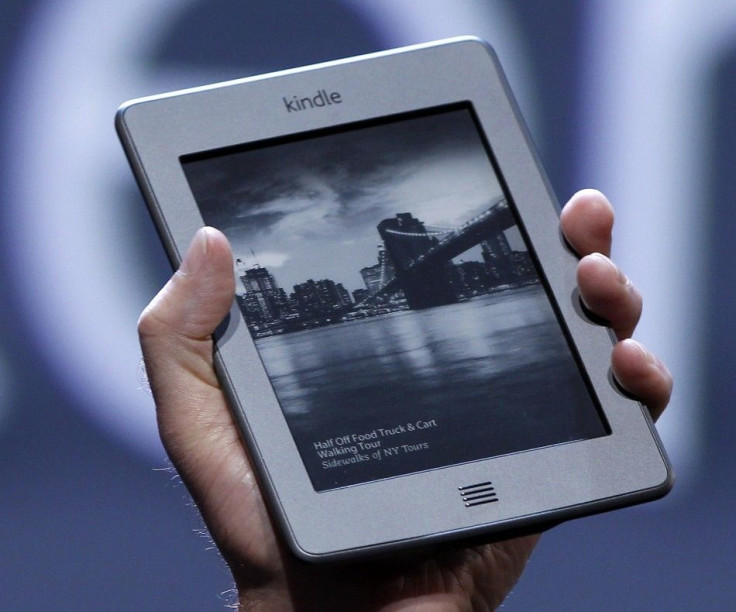Amazon 'Very Close' to Buying Palm, webOS

Amazon.com Inc. is looking to buy Palm and its webOS mobile operating system from the Hewlett-Packard Co., and according to well-placed sources, the online retailing giant is very close to finalizing the deal.
HP is currently scrambling to save itself after the utter failure of its tablet, the HP TouchPad, as well as the entire webOS platform. The company folded both businesses and took a massive hit to its reputation by promising, inventing, and then subsequently killing, an iPad killer. But webOS still has plenty of potential to make an impact on another successful device. Considering Amazon announced numerous Web-based platforms last week, the company could be a fitting home for Palm and webOS.
On Tuesday, Amazon announced a new line-up of Kindle e-readers, including the Kindle Touch, the Kindle Touch 3G, and the Kindle Fire tablet. The company also surprised everyone by unveiling a new cloud-optimized Web browser called Amazon Silk.
The Kindle Fire will be an Android-powered device, but if the company snatches up Palm's remnants, it could have free reign to redesign webOS to its liking, and optimize the system to further differentiate itself from other tablets and mobile devices on the market. Palm's multi-tasking capabilities could also further enhance the Kindle Fire experience by allowing users to juggle movies, media, and games.
Apparently, HP had wanted to partner with Amazon to build and run webOS for quite awhile. In July, Palm CEO Jon Rubenstein spoke at length about finding a viable partner to expand webOS' ecosystem.
There are a variety of different characteristics to qualify a good partner, Rubenstein said. I would say Amazon would certainly make a great partner because they have a lot of characteristics that would help them expand the webOS ecosystem. As to whether there's been discussions or not... that's obviously not something I'm going to comment about.
Rubenstein didn't need to make any further comments; his actions were enough. Rubenstein, who helps guide product innovation at HP's Personal Services Corp., joined Amazon's board late last year.
HP purchased Palm for $1.2 billion in 2010, absorbing Palm, webOS, and Palm's 1,500+ patents, with intentions to double down on webOS. But when long-tenured HP CEO Mark Hurd was forced to resign just three months later, Hurd's replacement Leo Apotheker seemed hesitant to jump into the post-PC world with both feet, and the company suffered for it.
HP discontinued webOS and the TouchPad in August after only a month on the market. The tablet's demise was due to poor planning, a poor operating system (webOS), and one too many price drops.
In all likelihood, Amazon would only need to pay a fraction of what HP paid for Palm, assuming the deal goes through. HP's decision to cut its losses with the TouchPad and webOS was extremely damaging to the company, and considering how poor the webOS platform was to begin with, HP just wants to close the book on this embarrassing chapter.
Amazon will release the Kindle Fire for $199 on Nov. 15, and its Kindle Touch and Touch 3G for $99 and $149, respectively, on Nov. 21. Amazon dropped the price of its current Kindle model to $79.
© Copyright IBTimes 2024. All rights reserved.












